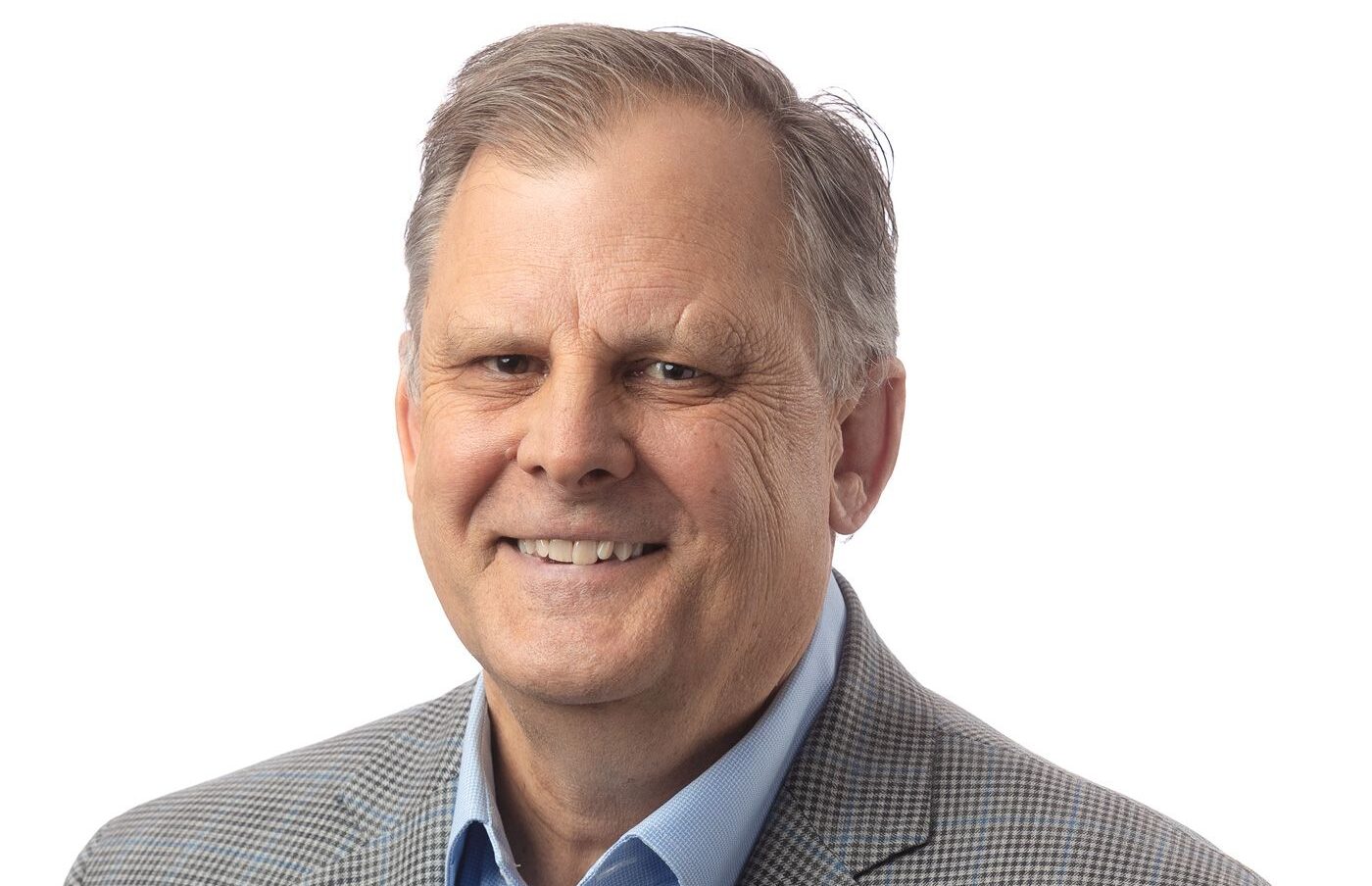It is a privilege to share some personal perspectives on leadership on this occasion of receiving the Award of Honor from LeadingAge. After nearly 40 years in the field of human care services, this award comes as a surprise to me, since my life’s work has never been about accolades or awards. Rather, it has been about people.
Receiving the Award of Honor has been a humbling experience, especially as I think about previous recipients, the stature they have in the field, and the impact they have left. My initial instinct is to assume I don’t measure up to that, which is the humbling part.
Recently, a good friend and coach pointed out to me that the root Hebrew word for “humility” is “anavah,” which literally translates as “to occupy your God-given space.” I’ve found this to be a powerful concept: that to be humble isn’t to reject what you’ve accomplished; rather, it’s to know who you are, what your gifts are (and what they are not), and to be who you have been created to be—no more, no less.
We don’t have to be something we aren’t, particularly as leaders. When I consider this, it takes a lot of pressure off who I need to be each day as I show up to lead. Perhaps this is a concept that may resonate with you.
I am now in the fourth quarter of my career, and in many ways grateful to be so. My biggest passion lately is to develop next-generation leaders for this challenging and rewarding field. I’ve had the opportunity to be a coach in the Larry Minnix Leadership Academy, and to work within my own organization with young, up-and-coming leaders. It’s my way of giving back to a field that has blessed me. When I consider that work, I believe the most important concept to grasp is the impact of fear, as well as the value of love in our work as leaders.
The two greatest emotions that motivate the human condition are love and fear. We live in a world, unfortunately, driven by fear. And it has been accelerated by our shared COVID experience.
Fear shows up unexpectedly and uninvited. It manifests in the lives of leaders as lack of confidence, anxiety, decision paralysis, and risk-aversion. When we’re not paying attention, fear just creeps in and directs our behavior.
Love in our leadership, on the other hand, is not instinctual. It requires a daily, momentary choice. Love shows up when we see the person in front of us, not the issue or the problem—but truly as a human struggling to fill their own God-given space. Love shows up when we care deeply about our staff, helping them find their personal life’s purpose in their work. Love shows up moment by moment and day by day when we are conscious of it.
Love, I have learned, is the key that unlocks the courage we need to lead!
Focusing on being a leader driven by love and not fear is a key to our next generation of leaders, as the world needs this more now than ever. Why? Because the collective human experience and the needs of generations to follow requires it. Fear manipulates. Love motivates.
I want to thank LeadingAge for this recognition, and my colleagues around the country who offered the nomination. With humility—filling the space God has provided for me—and with love, I am grateful to receive it and hope to inspire others through it.

 Shutdown Week Three: Impact of Ongoing Closure on Affordable Housing
Shutdown Week Three: Impact of Ongoing Closure on Affordable Housing


